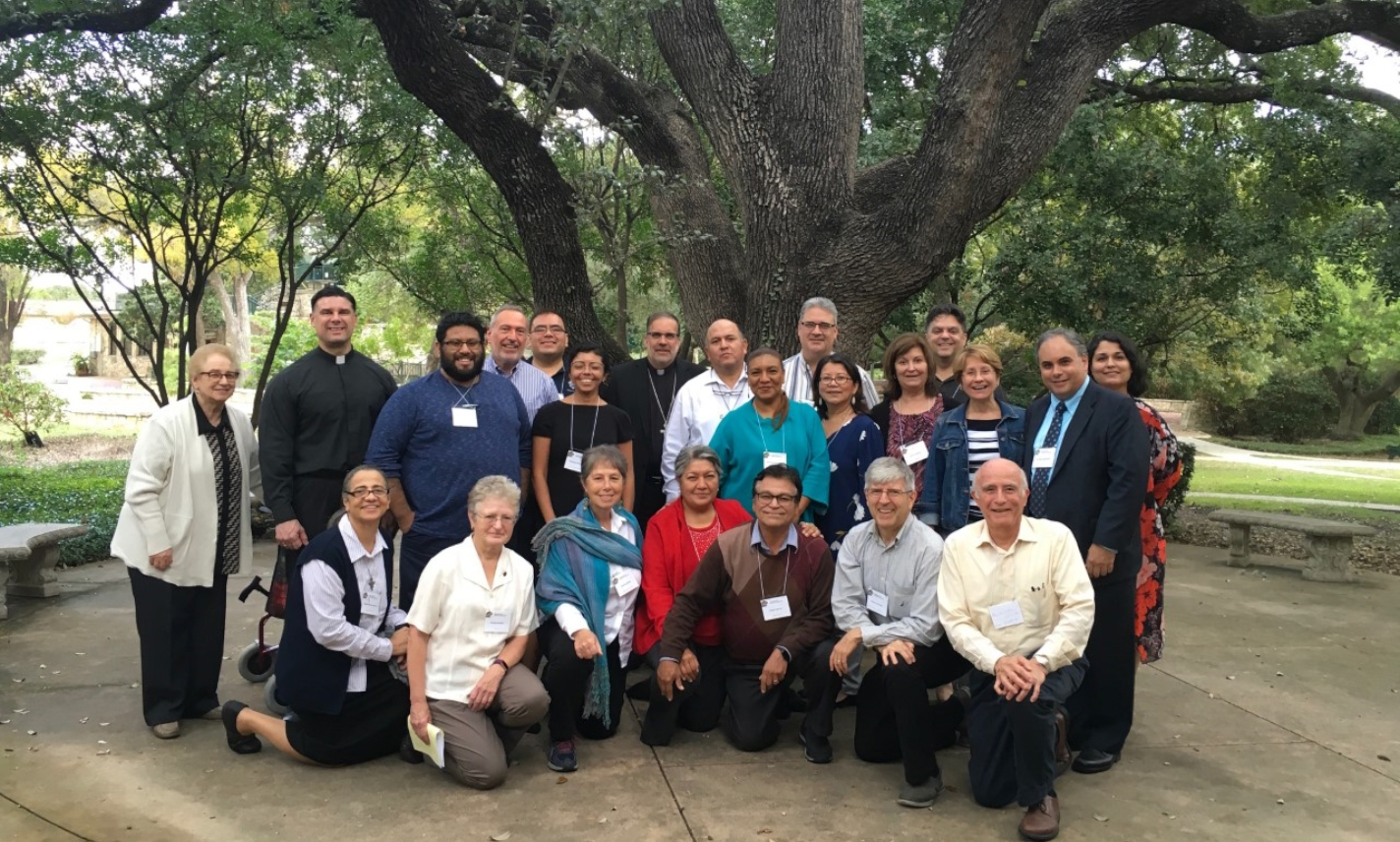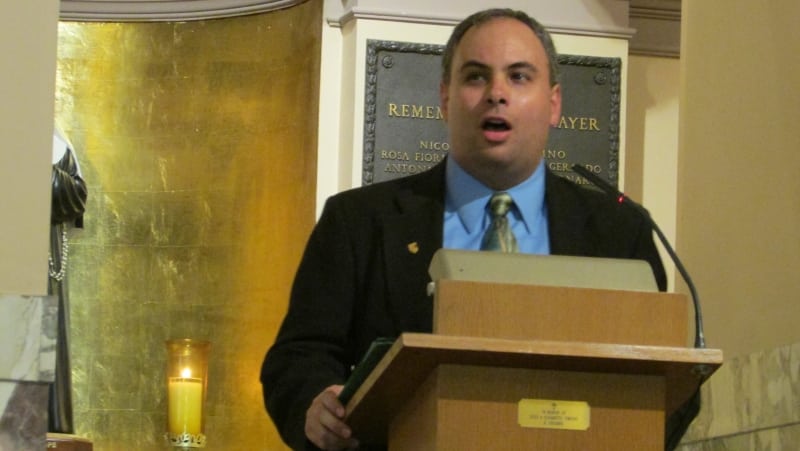Saturday of the 17th Week in Ordinary Time – Year 2 | July 30, 2022
“The word remains: this is the great consolation of one who preaches. My voice will disappear, but the word of God remains.”
These are the words of St. Oscar Romero of El Salvador, the bishop who was murdered for the faith in 1980 because he preached the Gospel faithfully and defended the rights of the poor. He was murdered by powerful people within his own government, because he criticized their violence towards the poor and the use of the military to repress the people.
St. Oscar Romero understood immediately for most of his three years as archbishop of San Salvador precisely how Jeremiah and John the Baptist must have felt.
Today’s readings highlight both of these figures – one from the Old Testament and one from the New – who are prophets. They speak God’s word to the people – whether that word is comforting or challenging. In Jeremiah’s case, he criticized the failures of the kings and leaders of his day because they didn’t follow the Law of God and mistreated their people, especially the poor. They had turned away from God to worship their own idols and to secure their own power. So, unsurprisingly, they wanted nothing more than for Jeremiah to disappear.
However, some of the leaders heard and understood Jeremiah’s message and saved him that day.
Hundreds of years later, John the Baptist wasn’t so fortunate. He was put to death by those in power for speaking the truth of God. The story of John’s death at the hands of Herod is well known, but I am struck by the line that comes at the end of the story:
“The disciples of John came and took away the body and buried him; and they went and told Jesus.”
I try to imagine what John’s disciples thought in that painful moment when they had to retrieve the beheaded body of their beloved master and bury him. What was in their minds? What did they say to Jesus? How did he react? Did he say anything to them?
We unfortunately don’t have those details, but we can imagine that Jesus grieved the unjust killing of his friend – as we know he wept at the tomb of his friend Lazarus. Perhaps this was also the time when Jesus praised John, as is recorded among some of his other sayings in the Gospel, as the greatest prophet and one of the first born into the Reign of God?
Perhaps this was the moment when Jesus felt the impact of the fact that he, too, would endure similar suffering for speaking God’s truth.
Of course, we know that it was through Jesus’ suffering, dying and rising that new life for all became possible. In his resurrection, he has rescued all those who endure similar suffering for seeking to live out the faith. Jeremiah, John, St. Oscar Romero are part of the great cloud of witnesses we call the communion of saints – those who remind us that we are called to listen to and speak and live God’s word in our world, when it is comfortable and when it is uncomfortable.
This is not a call to arrogance, but to humility. Jeremiah, John, and of course, Jesus himself remind us that even if condemnation is deserved, the Word of God is always first a word of invitation and mercy. The word that remains – in St. Oscar Romero’s words – is always an invitation to grace.
When we gather for the Eucharist, we hear God’s word spoken anew in our hearts and lives. And we experience the Word that Remains – The Word of God – Christ himself present in our midst as spiritual food for our journey. The Eucharist strengthens us to be God’s witnesses even in difficult times, because we know that just as the Word of God has spoken to us in truth and mercy, we are called to do so together as the Church – the living witness to Christ in our world.
May God give you peace!


 Request Dr. DelMonico's professional services for a liturgical, ministerial or leadership consultation, or for an academic or public presentation.
Request Dr. DelMonico's professional services for a liturgical, ministerial or leadership consultation, or for an academic or public presentation.